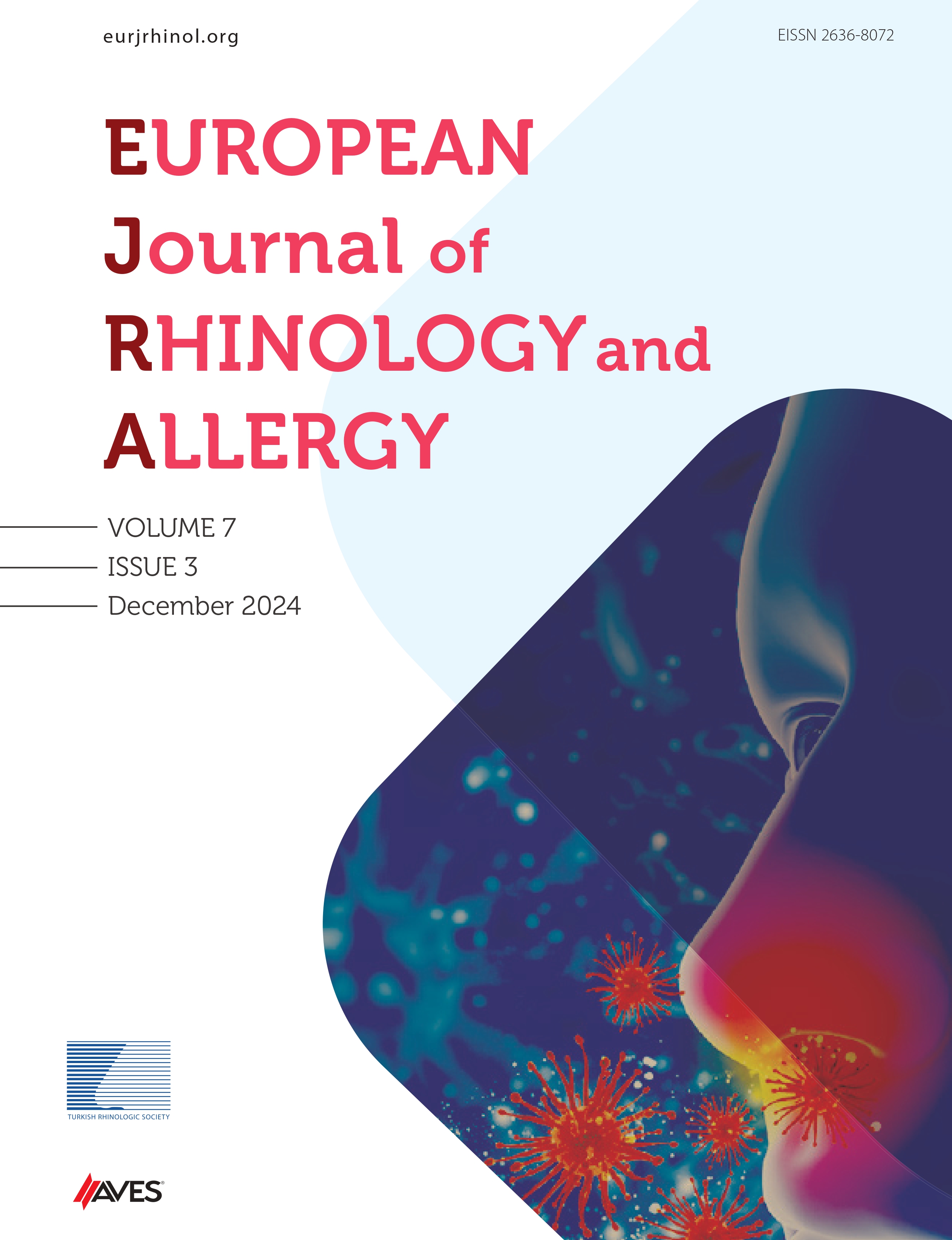Chronic rhinosinusitis (CRS) is a common inflammatory syndrome of the paranasal sinuses. CRS with nasal polyposis (CRSwNP) is one of the two major phenotypes of CRS, with an estimated prevalence of 4.2% in the United States and 4.3% in Europe. While several inflammatory pathways may mediate this condition, an estimated 85% of patients with CRSwNP exhibit Th2 (Type 2) inflammation, characterized by an increase in local eosinophilia, total IgE, interleukin (IL)- 4, IL-5, and IL-13. Biologic therapies have proven successful in the treatment of related, Th2-mediated inflammatory conditions, including asthma and atopic dermatitis. As such, there has been significant interest in the role of biologics in the treatment of CRSwNP. Biologics target specific immune cells or inflammatory mediators within the cascade, thus offering treatment efficacy while limiting side effects. There has been a rapid expansion of the literature regarding the role of biologics within the treatment paradigm of patients with medically and surgically recalcitrant CRSwNP. Currently, there are five biologics under investigation or approved for the treatment of CRSwNP by the US Food and Drug Administration. As the study of biologics in the role of CRSwNP management continues to grow at a rapid pace, remaining to date on all aspects of these novel treatment modalities will be critical for the otolaryngologist. Herein, we review the current literature regarding biologic therapy options and offer perspective on the future.
Cite this article as: Chaskes MB, Kong KA, Senior B. Biologic Therapy for the Treatment of Chronic Rhinosinusitis with Nasal Polyposis: An Update and Review of the Literature. Eur J Rhinol Allergy 2021;4(3):72-76.

.png)

.png)